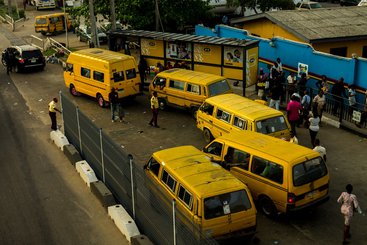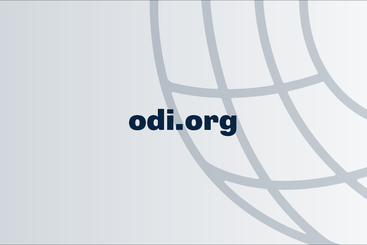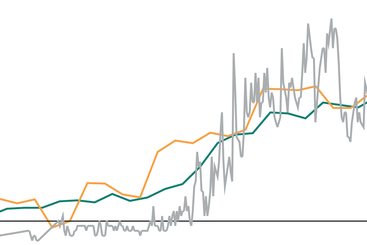This briefing presents an overview of Ethiopia’s experience of hosting refugees and other migrants, policy approaches, key features of public narratives surrounding immigration and refugee-hosting and existing evidence on public attitudes:
- Ethiopia has the third largest refugee population in Africa. Political instability and conflict has also led to high levels of internal displacement, with significant impacts on local communities and refugees living in the country.
- The country’s approach to refugee hosting has been one of encampment and care and maintenance, with limited formal opportunities to work. This model is changing, with the government expanding refugees’ rights and access to services.
- Ethiopia has positioned itself internationally as a welcoming host to refugees and is a key player in emerging approaches centred on refugees’ inclusion. However, the government takes a quieter domestic stance on refugee issues, which are rarely covered in the national media.
- Immigration and refugee-hosting are not particularly salient issues for the Ethiopian public. Survey data shows Ethiopians have relatively high levels of tolerance towards immigrants. Generally, the public is divided on whether immigration has had positive or negative impacts on the country.
- Concerns are particularly high about the impact of immigration on employment and in relation to crime, terrorism and social conflict, though perceptions vary across the country.
- Sporadic tensions have been noted in refugee-hosting regions, often linked to access to natural resources. However, tensions between communities have proved particularly severe only in Gambella. Shared cultural and ethnic ties between refugees and hosts have helped to foster positive relationships.
This briefing is part of a wider project, supported by the IKEA Foundation, that aims to engage public and private investors interested in migration and displacement.
About the series
Through a series of activities, dialogues and innovative communication and outreach initiatives, Public and political narratives on refugees and other migrants: implications for action maps recent research and evidence on public attitudes toward refugees and other migrants.



